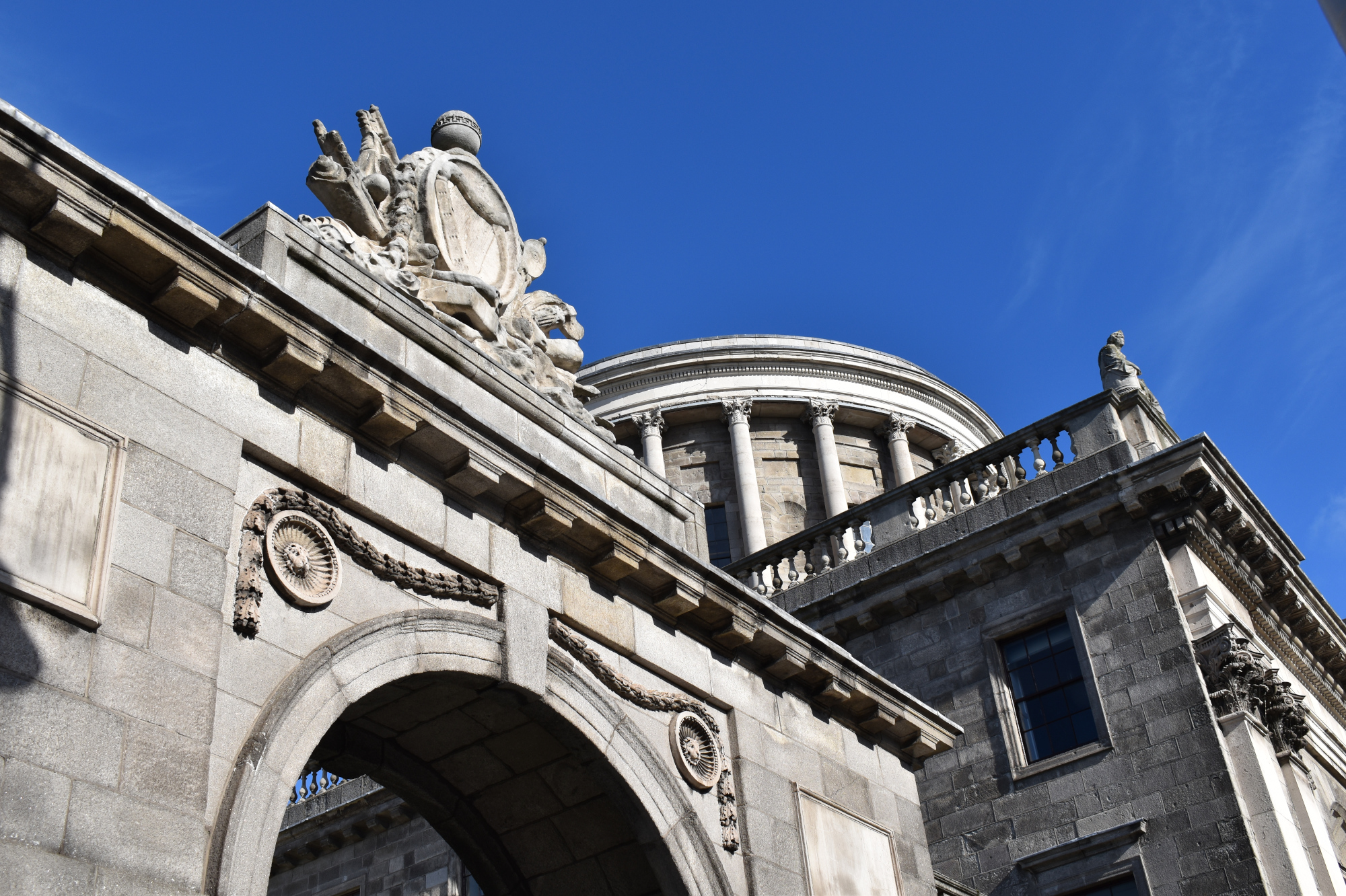Rights body to intervene in historic child sexual abuse redress case

The Irish Human Rights and Equality Commission has been granted leave from the High Court to exercise its amicus curiae function in a significant case focused on redress for survivors of historic child sexual abuse in schools.
As amicus curiae in KW v the Minister for Education, the Government of Ireland, Ireland and the Attorney General, the Commission will bring its experience to the issue of redress for victims and survivors of historic abuse in school in Ireland, within a human rights framework.
The Commission believes that these proceedings will have broad implications for the human rights of victims of historic abuse.
The case focuses on the requirement under the scheme for survivors to have, on or before 1 July 2021, issued legal proceedings against the State seeking damages for sexual abuse in day schools before 1991 and 1992 in primary and post-primary schools respectively, following the ruling of the European Court of Human Rights in O’Keeffe v Ireland.
The Commission’s predecessor, the Irish Human Rights Commission, intervened as a third party in the O’Keeffe case and submitted written observations to the European Court of Human Rights in 2011. Those submissions were referred to in the court’s judgment, which addressed the failure by the State to protect Ms O’Keeffe from sexual abuse in a national school in 1973 and to put in place a system of adequate and effective remedies for that abuse.
Since then, the Commission has engaged directly with the Council of Europe’s committee of ministers, with the State-appointed independent assessor, with the UN Human Rights Council and with Oireachtas members in relation to the human rights requirements for survivors to be able to access redress.
Commission director Deirdre Malone said: “Despite the O’Keeffe ruling, survivors of historic child sexual abuse in schools still face significant barriers in accessing redress.
“We have consistently used our legal powers to highlight the vital need to have human rights-compliant redress schemes that are accessible to all survivors. Time is running out for many survivors who are still met with onerous and arbitrary barriers in accessing the redress, and ultimately, the justice due to them by the State.”








